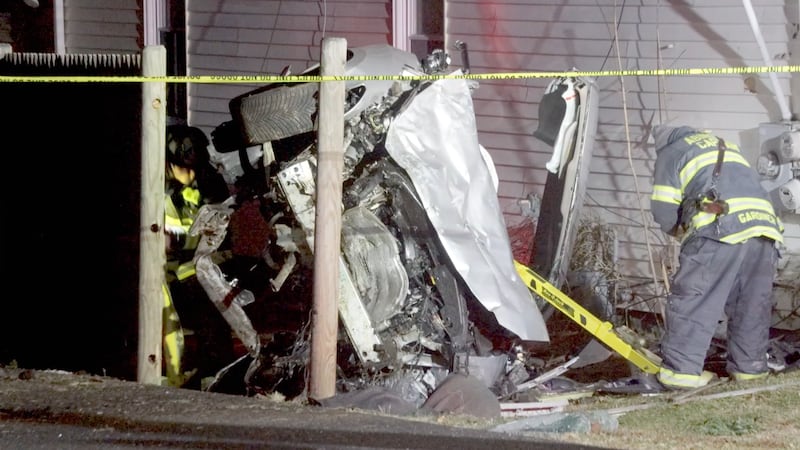BOSTON — The number of migrant families in Massachusetts in need of housing continues to grow, nearly two months after the state reached its emergency shelter capacity limit of 7,500.
Since Nov. 10, 2023, 1,393 families have applied to live in the Emergency Housing Assitance Program, according to a new report released this week.
The report showed that the number of families on the Emergency Housing Assistance Program waitlist for services has also jumped to 391 as of Dec. 28, 2023.
The state also offered insight into what is provided to migrant families who are deemed eligible to receive state assistance.
“Families on our waitlist are provided assistance with transportation to locations within Massachusetts of their choosing and information on additional state resources and assistance in finding housing,” the report stated. “For example, EOHLC administers the HomeBASE program, which can provide eligible homeless families with help paying first/last month’s rent and security deposits, moving expenses, stipends to help with ongoing housing costs, and other costs that can help families stabilize an existing housing situation or stably rehouse.”
Officials noted that when space becomes available, families on the waitlist are offered overnight shelter at state-run overflow sites in Quincy, Revere, and Cambridge, as well as United Way sites.
Also as of Dec. 28, 2023, the number of migrants, refugees, and asylum seekers in the Emergency Housing Assistance Program who obtained authorization to work in the United States had climbed to 2,713.
In November, Gov. Maura Healey and her administration hosted a work authorization clinic.
The report showed that $247 million has been spent on the Emergency Housing Assistance Program this fiscal year. In December 2023, the Healey administration predicted that emergency shelter costs would approach $1 billion annually this fiscal year and the next fiscal year.
Also included in the report was an updated breakdown of where families in the shelter system are staying. Boston leads the way with 1,309 families as of Jan. 2, 2024, followed by 302 in Worcester, 289 in Springfield, 283 in Lynn, and 195 in Peabody.
In the report, the full list of updated communities sheltering families can be found on pages eight, nine, and 10 of the document below:
Which Massachusetts communities have the most migrant families living in emergency shelters? by Boston 25 Desk on Scribd
Download the FREE Boston 25 News app for breaking news alerts.
Follow Boston 25 News on Facebook and Twitter. | Watch Boston 25 News NOW
©2024 Cox Media Group





